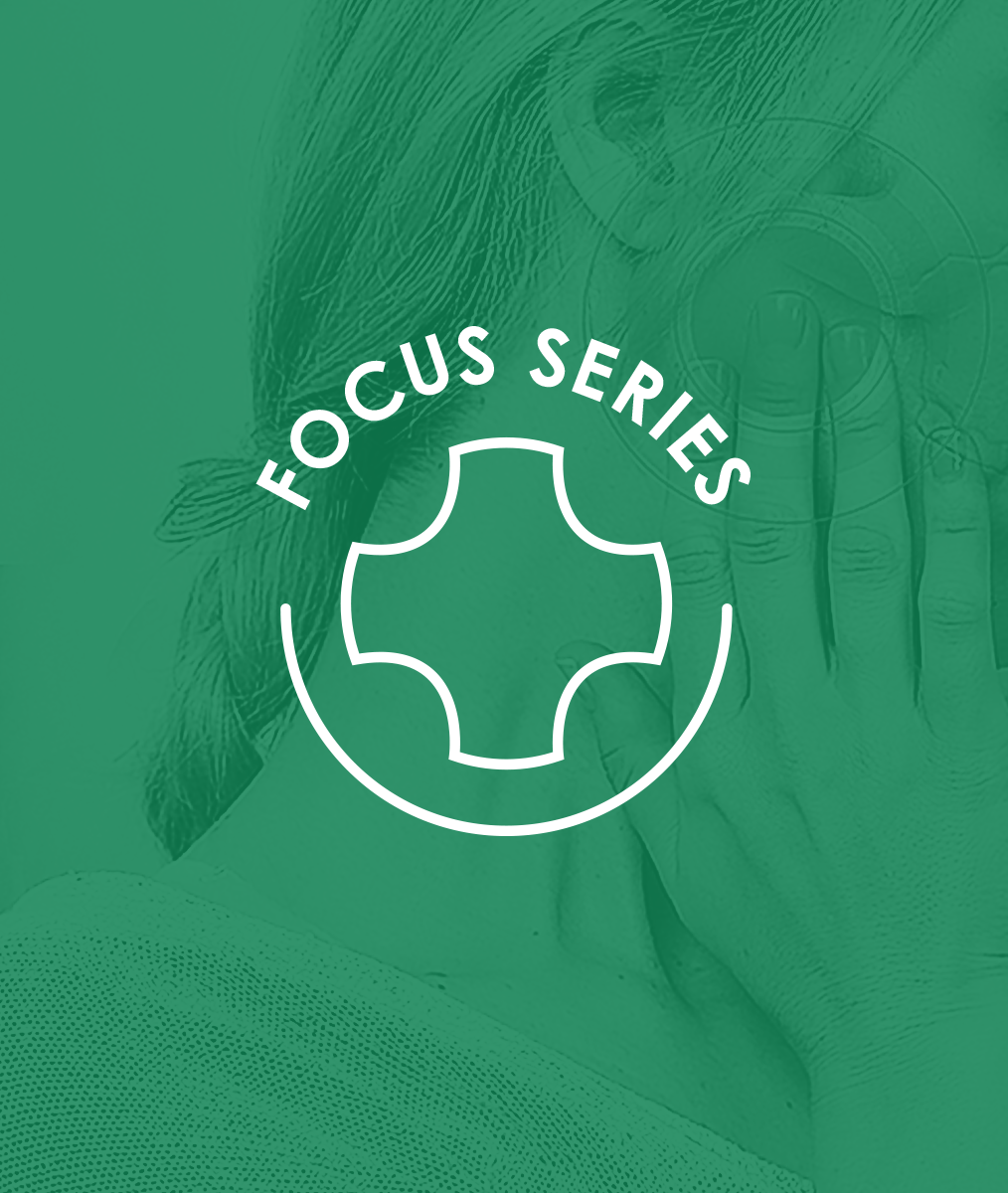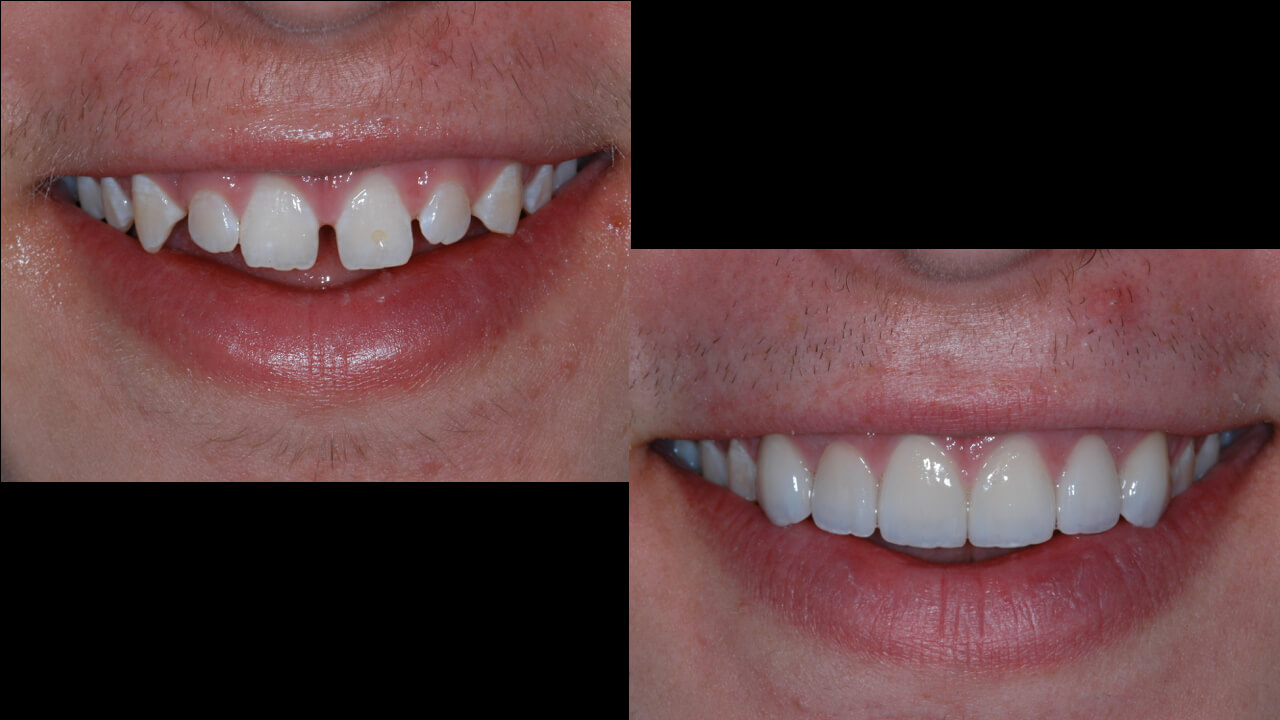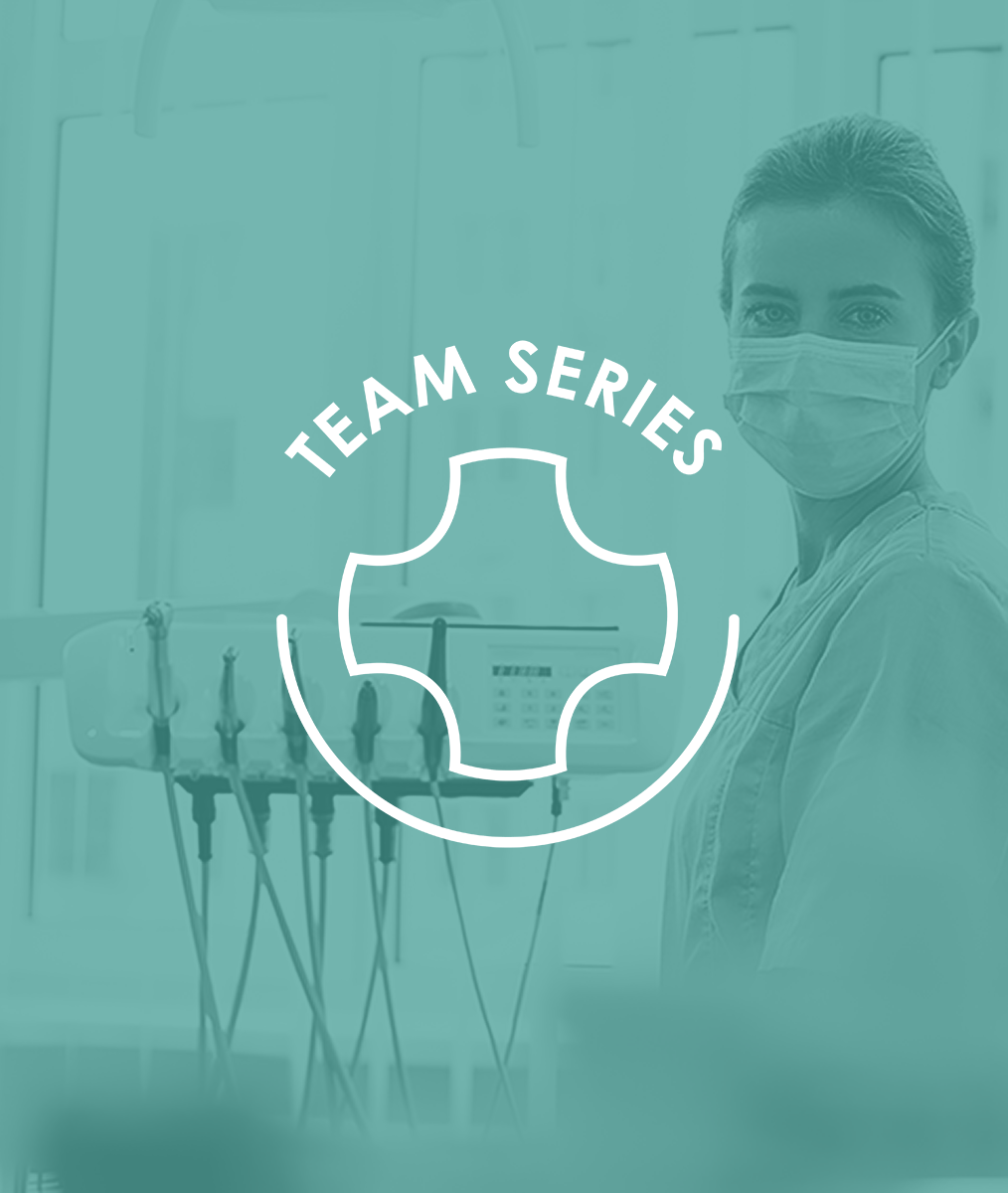Professionalism
One definition of professionalism became the foundation of Dr. L. D. Pankey’s life and a thesis of his teachings. He wrote the definition himself!
“Professionalism is that quality of conduct, which accompanies the use of superior knowledge, skill, and judgment toward the benefit of another person or society prior to any consideration of self-interest.”
Throughout his life, he endeavored to make relevant connections with others, intentionally pay attention to others, share gratitude and appreciation, and offer compassion—even in the midst of reading another person’s lips!
As he was entering the last decade of his life, he remained continuously aware of and interested in others. Until the end, he was a continual student, eager to learn more. He encouraged other dentists to live and love their profession to its fullest at every opportunity.
The Story of Wilbur the Garage Mechanic
Dr. Pankey met Wilbur in the late 1970’s, when Dr. Pankey’s ’76 Fleetwood was not running as well as a relative’s ’72 Fleetwood. Dr. Pankey was able to observe Wilbur do his job and experience the ’76 Fleetwood move down the highway as if it were new. After a trip to Jacksonville and back, Dr. Pankey stopped again at Wilbur’s Garage to extend his gratitude and appreciation. He also wanted to listen to Wilbur’s own story again on a deeper level.
On reflection, Dr. Pankey wrote, “Like me, Wilbur got a few breaks. But of course, he helped make those breaks and took advantage of them by doing his job well and treating people right. Although he had never heard of the Philosophy as such, Wilbur was using it in his auto repair business just as I was using it in my practice.” Isn’t that interesting…
Dr. Pankey always had a smile on his face as he told Wilbur’s story in each Philosophy session he taught in the late ’70’s and well into the ’80’s. Let me encourage you to reread his personal story in the first section of A Philosophy of the Practice of Dentistry by L. D. Pankey and Bill Davis. Read that section of the book at least once or twice a decade. Reflect on your experiences; you just might become aware of new observations and connecting insights, during your decade-by-decade reflections. This exercise often puts a smile on our faces!
“That Quality of Conduct”
The quality of conduct on which Dr. Pankey founded his life’s work (his professional philosophy) not only embodied genuine interest in others as individuals (with uniquely compelling situations, needs, personas, and values). It also embodied genuine concern for others’ welfare ahead of his own. Intentionally sustaining his vision of practice, drove this professional philosophy deeper into his “tissues”—into his thoughts, behaviors, motivations, and emotions. His philosophy did not spring full grown out of his mind. It developed over time.
In my last blog, I wrote that as we look into our life’s mirror (over many decades for some of us), we gain a deeper understanding of ourselves. By reading again Dr. Pankey’s story, we discover a deeper understanding of how it relates to our personal stories and life’s work. Reflections on our own lives (and Dr. Pankey’s life) offer opportunities for new awareness, commitments, and actions. We develop over time, and the beat goes on!
Related Course
TMD & Orofacial Pain: Managing Complex Patients
DATE: January 29 2025 @ 8:00 am - February 2 2025 @ 1:00 pmLocation: The Pankey Institute
CE HOURS: 37
Dentist Tuition: $ 7200
Single Occupancy with Ensuite Private Bath (per night): $ 345
THIS COURSE IS SOLD OUT TMD patients present with a wide range of concerns and symptoms from tension headaches and muscle challenges to significant joint inflammation and breakdown. Accurate thorough…
Learn More>











